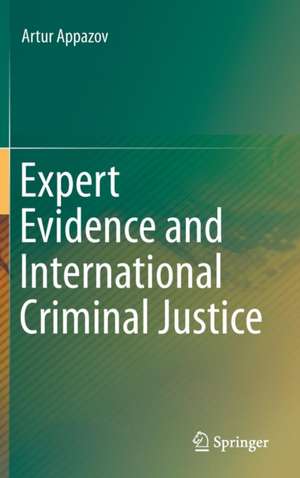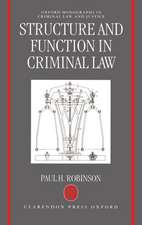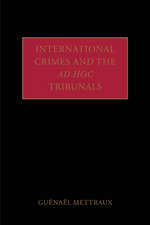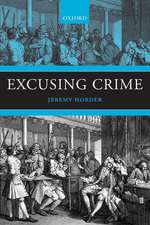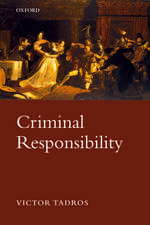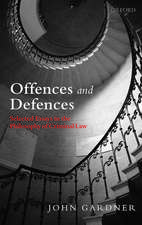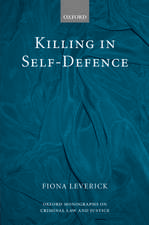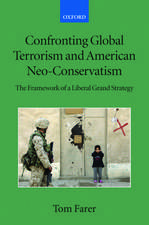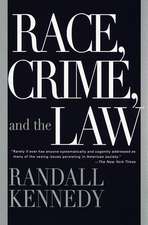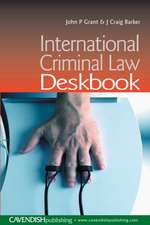Expert Evidence and International Criminal Justice
Autor Artur Appazoven Limba Engleză Hardback – 19 ian 2016
The book provides analysis of the unique properties of expert evidence as compared with other forms of evidence and the challenges that these properties present for fact-finding in international criminal trials. It draws conclusions about the extent to which particularized evidentiary rules for expert evidence in international criminal trials is wanting. Based on comparative analyses of relevant national practices, the book proposes procedural improvements to address some of the challenges associated with the use of
expertise in international criminal trials.
| Toate formatele și edițiile | Preț | Express |
|---|---|---|
| Paperback (1) | 383.33 lei 6-8 săpt. | |
| Springer International Publishing – 30 mar 2018 | 383.33 lei 6-8 săpt. | |
| Hardback (1) | 390.63 lei 6-8 săpt. | |
| Springer International Publishing – 19 ian 2016 | 390.63 lei 6-8 săpt. |
Preț: 390.63 lei
Nou
Puncte Express: 586
Preț estimativ în valută:
74.75€ • 79.93$ • 62.32£
74.75€ • 79.93$ • 62.32£
Carte tipărită la comandă
Livrare economică 18 aprilie-02 mai
Preluare comenzi: 021 569.72.76
Specificații
ISBN-13: 9783319243382
ISBN-10: 3319243381
Pagini: 199
Ilustrații: X, 199 p.
Dimensiuni: 155 x 235 x 13 mm
Greutate: 0.48 kg
Ediția:1st ed. 2016
Editura: Springer International Publishing
Colecția Springer
Locul publicării:Cham, Switzerland
ISBN-10: 3319243381
Pagini: 199
Ilustrații: X, 199 p.
Dimensiuni: 155 x 235 x 13 mm
Greutate: 0.48 kg
Ediția:1st ed. 2016
Editura: Springer International Publishing
Colecția Springer
Locul publicării:Cham, Switzerland
Public țintă
ResearchCuprins
Introduction and context.- Expert evidence in international criminal trials.- The challenge of expert evidence and rational decision-making.- Expert evidence in domestic jurisdictions.- Conclusion.
Textul de pe ultima copertă
The book is a comprehensive narration of the use of expertise in international criminal trials offering reflection on standards concerning the quality and presentation of expert evidence. It analyzes and critiques the rules governing expert evidence in international criminal trials and the strategies employed by counsel and courts relying upon expert evidence and challenges that courts face determining its reliability. In particular, the author considers how the procedural and evidentiary architecture of international criminal courts and tribunals influences the courts’ ability to meaningfully incorporate expert evidence into the rational fact-finding process.
The book provides analysis of the unique properties of expert evidence as compared with other forms of evidence and the challenges that these properties present for fact-finding in international criminal trials. It draws conclusions about the extent to which particularized evidentiary rules for expert evidence in international criminal trials is wanting. Based on comparative analyses of relevant national practices, the book proposes procedural improvements to address some of the challenges associated with the use ofexpertise in international criminal trials.
The book provides analysis of the unique properties of expert evidence as compared with other forms of evidence and the challenges that these properties present for fact-finding in international criminal trials. It draws conclusions about the extent to which particularized evidentiary rules for expert evidence in international criminal trials is wanting. Based on comparative analyses of relevant national practices, the book proposes procedural improvements to address some of the challenges associated with the use ofexpertise in international criminal trials.
Caracteristici
Critically analyzes these procedures and suggests improvements Comprehensive account of the use of expert evidence in international criminal trials Fundamental investigation into the relationship between the manner in which expert evidence is used in international criminal trials and accurate and rational fact-finding
